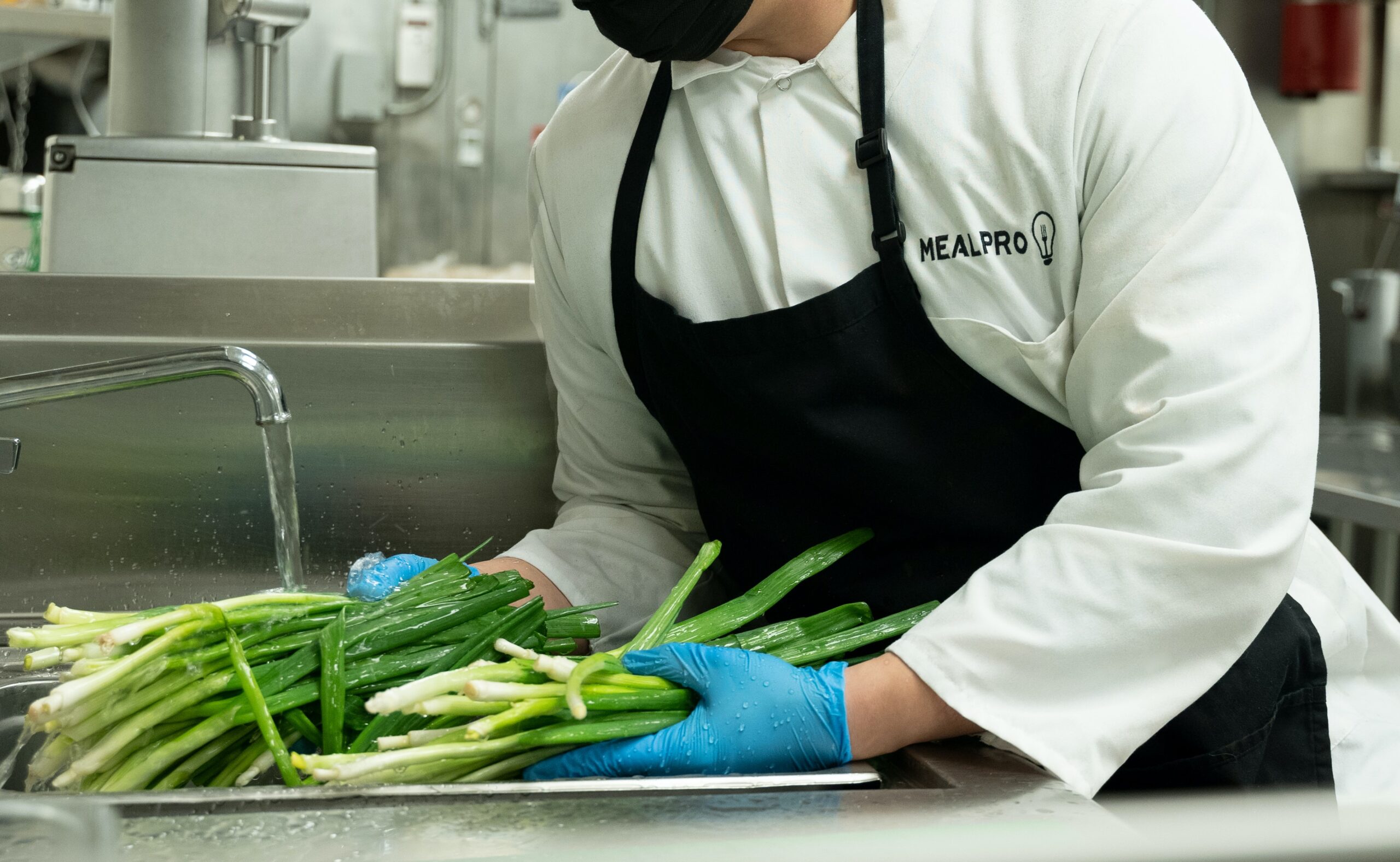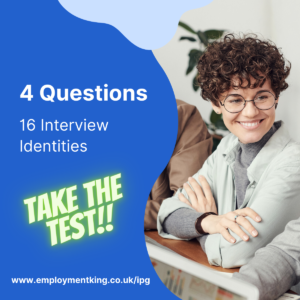With catering being one of the growth industries in the UK there are numerous job opportunities in kitchens and restaurants.
Many catering employers recruit kitchen porters throughout the year. A kitchen porter earns, on average, around £18,000 each year and no previous experience is required (but previous experience helps during the job interview process).
The kitchen proter recruitment process consists of a 45-minute structured job interview, often 1-2-1 with the head chef or hotel manager.
This article will share with you the most commonly asked job interview questions and an explanation of how best to approach each job interview question.
Kitchen Porter Job Interview Questions
Job Interview Question 1: Tell me about your experience as a porter?
- Previous porter experience is seen as a positive but isn’t essential.
- If you have work experience as a kitchen porter discuss this starting with your last role and work backward.
- State the company name, main duties, and what you enjoyed about the role.
- In addition, state any relevant qualifications.
Job Interview Question 2: What experience do you have working in the kitchens of hotels, restaurants, and cafes?
- A follow-up question is asked if an applicant doesn’t have direct porter experience.
- As the employer doesn’t deem porter experience essential, the employer is trying to grasp what experience, and therefore skills, the applicant possesses.
- Discuss any previous employment history and make it clear any transferable skills. Employers are looking for key skills: work ethic, communication, teamwork, following orders, and reliability.
Job Interview Question 3: What do you see as the main role of a kitchen porter?
- Even though direct work experience isn’t essential, employers deem it important that the applicant doesn’t understand the main job duties:
- Unload deliveries and stock the storeroom
- Collect and wash pots and kitchen equipment
- Work within a busy team
- Wash and disinfect kitchen appliances, work surfaces and restaurant floors.
- Recycle waste from the kitchen
- After listing skills, explain what duties you would most enjoy and why.
Job Interview Question 4: Give me an example of when you have worked well within a team?
- The teamwork example can be from work experience or from a team task in college or university.
- First, discuss the task you and the team had to complete. Explain the actions that needed to be completed and what was YOUR key responsibilities.
- Explain the outcome of the team tasks and how you enjoy teamwork.
Job Interview Question 5: What is your understanding of food hygiene regulations?
- If you possess a food hygiene certificate, state when you gained the certificate and how you implement food hygiene regulations in day-to-day tasks.
- Talk about basic food hygiene tasks: washing hands, using meat cutting boards for meat, and separate boards for vegetables. In addition discuss stock rotations, checking use-by dates, and keeping surfaces clean.
Job Interview Question 6: What do you need to check when unloading goods from delivery vans?
- All orders need checking against the quantities on the delivery note.
- Food should be visually checked for quality and damage.
- Any issues need reporting to the manager or head chef.
Job Interview Question 7: Are you aware of health and safety rules in the workplace?
- As the health and safety questions comes up regularly it is good practice to familiarise yourself with the H&S at work act.
- Employers, recruiting kitchen porters, are looking for a basic understanding: reports are incidents, cleaning up spillages, wearing the appropriate PPE (personal protection equipment), and only using equipment that you have been trained on.
Job Interview Question 8: Can you follow orders?
- Confidently answer the ‘follow orders’ question with a ‘yes’.
- Give an example. In the example explain how you repeated the order for accuracy, carried out the orders, and discussed any problems or the outcome with your manager.
- For extra points, add in that you work fast and effectively.
Job IntJob Interview Question 9: Have you ever worked in a busy environment?
- Kitchens, generally speaking, are fast-paced working enrionments. This work requires a certain person – someone who doesn’t get stressed or panicked when working in a busy workplace.
- Explain how you like to be busy and how you can manage multiple tasks at the same time. Talk about your work ethic, timekeeping, and teamwork.
- If you can give a detailed example of working in a busy environment. Employers, here, want to know that you will complete tasks no matter what.
Job Interview Question 10: Do you have any questions for me?
- Good interview questions to ask interviewers include questions on the company growth or expansion
- Questions on personal development and training work well in this sector as many porters can become assistant cooks
- Also, ask questions on working patterns and busy times of the year to understand when you will be required to work






